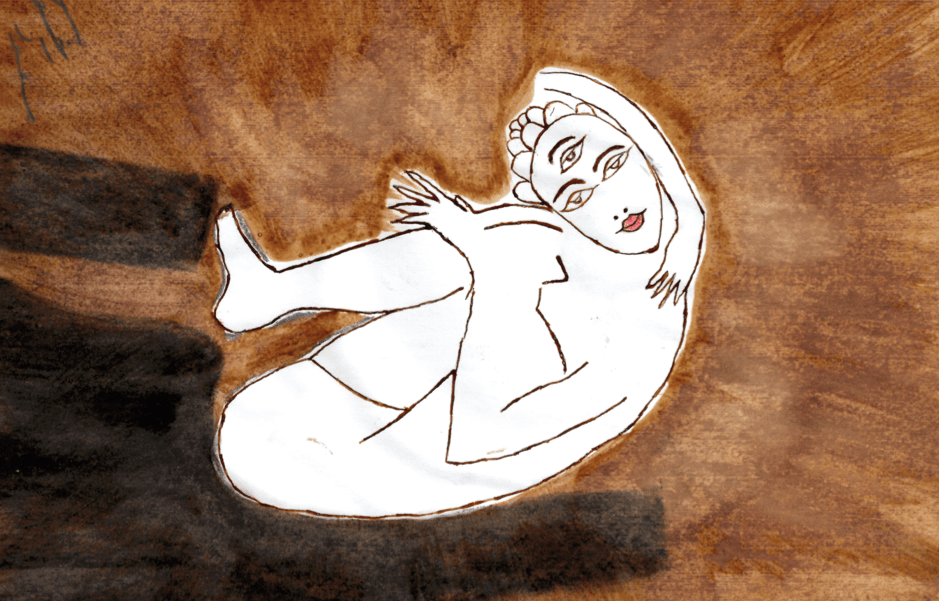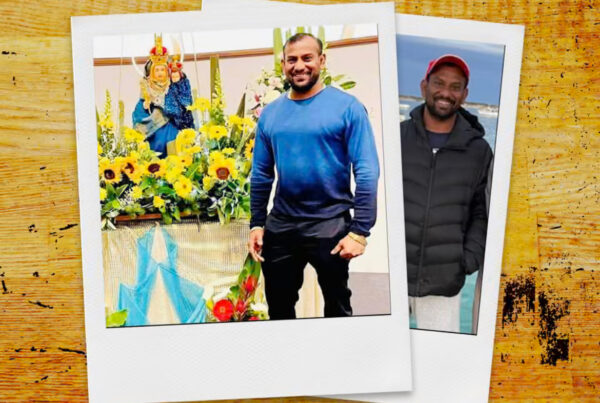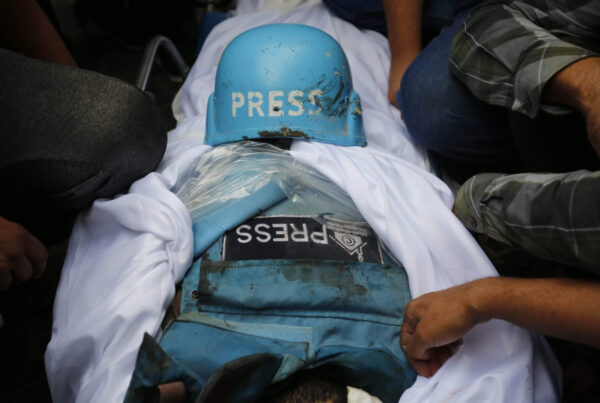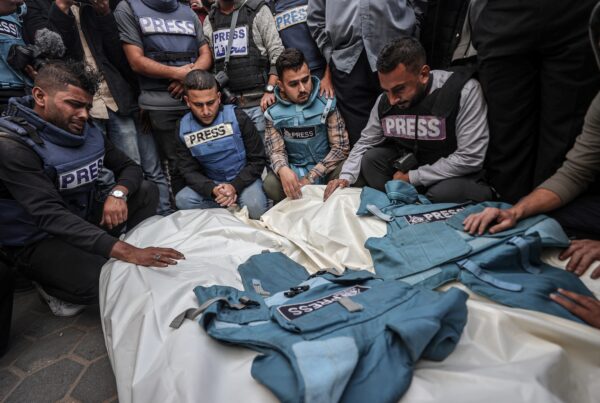This is an excerpt from The Undesirables. It was first published by the Wheeler Centre.
Every person has a breaking point. When you are pushed and prodded towards the brink, it is inevitable that eventually you will jump.
The DIAC public servants made themselves scarce around the men’s camp. They only ever entered to make official decrees. The day of the riot DIAC was due to make an announcement to the Iranian asylum seekers. The Salvation Army was determined to have the Iranians’ stretcher beds moved from the Green Room and back into their tents before DIAC arrived. It was a show of authority that the men did not appreciate. ‘Salvation Army loves injustice. This is Guantanamo,’ they shouted and waved their arms in the air, but in the end they complied.
‘We are treated like animals,’ he said. ‘Caged animals.’
Later that day a Salvo was caught attempting to instil hope in the Iranians. It was a risky game of trying to uplift downtrodden men without patronising them. The Salvo erred on the side of exuberant goodwill.
‘How ya going, mate?’ she said with a large smile.
‘How am I going? What do you think?’ Atash, one of the Iranian men, was spoiling for a fight.
‘Oh, come on. It’s not so bad. You have food, you can eat,’ the Salvo cajoled, underestimating the tone in his voice.
‘We are treated like animals,’ he said. ‘Caged animals.’
‘Do animals get to watch TV? Get to use the internet?’ the Salvo responded.
In the space of twenty minutes, fifty men had their futures blackened with the knowledge that they faced years of incarceration.
It was an attitude all too common in Australia. The existence of perceived luxuries was latched onto as an example of how these men were leeching off the Australian government. Television may be a luxury but it is used as a distraction, not a basis for life. There is only so much comfort watching television can provide when it is all you have to do.
Atash erupted. He kicked his chair across the Green Room. The camp was placed on high alert. By the time DIAC arrived the mood in the camp was volatile. The Iranians and the Iraqis congregated in the Green Room to hear their futures. A DIAC official announced that they would not have their visa applications looked at for at least six months. Processing could take three to five years to complete and even then there was no guarantee that their applications would be approved. For those whose visa applications were approved, there were no assurances that they would be going to Australia. In the space of twenty minutes, fifty men had their futures blackened with the knowledge that they faced years of incarceration. Mustafa asked permission to address DIAC.
It was said that the men had broken visa restrictions, however, it was unclear whether the men even possessed Nauruan visas. If such visas had been issued it would’ve been done without the consent or knowledge of the men.
‘The conditions in this camp are violations of human rights. If you don’t agree with this, you don’t believe in human rights. If you do agree with this, it is your obligation to change this. So I ask you, do you believe in human rights?’
‘We believe the camp provides sufficient amenities,’ a DIAC spokesperson responded.
‘Would you sleep in these tents?’ Mustafa asked. ‘I’m different,’ said the DIAC spokesperson. Atash stood up and screamed. One can not begin to understand the range of emotions that scream was born from. It tore through the people around him. A scream and then nothing more.
The DIAC staff returned to their office, 10 metres from the camp, and allowed the Salvos and the Wilson guards to deal with the fallout. To understand what exactly occurs during an anarchic event such as a riot is a difficult thing to do. In the days after the riot the Naurumour mill was working hard. Everyone had a story to tell about what happened to them during the night, service providers and asylum seekers trading information. Eventually there emerged common threads that pieced together made a story that everyone could agree upon.
That night a small group of the Iranians went wild. They jumped on tents, slashed roofs, kicked in fridges, smashed lights. The Tamils endured a frightening night of ghosts in the dark wielding weapons. The men entered the kitchen, laid waste to $10,000 worth of food and damaged the bain-maries.
The Salvation Army workers were evacuated early in proceedings. There were no emergency guidelines to follow. Salvation Army staff milled about at the Menen Hotel, worrying for the men inside the camp and, wondering where missing colleagues were.
Those Salvos who hadn’t been at the camp, and therefore were not evacuated with the majority of staff, remained in their rooms unaware that a riot was taking place.
Wilson evacuated the camp and waited for the Nauru police to arrive. By the time the sirens approached Topside the men’s energy was spent. The alleged ringleaders of the riot, identified by Wilson’s intelligence, were arrested by the police and placed in jail cells overnight. The Salvation Army heads were present throughout the arrests and vouched that no physical harm was done to the men. How much of this process was legal was difficult to judge. Nauru’s police commissioner, an Australian, stated that the police would enforce Nauruan law within the camp. It was said that the men had broken visa restrictions, however, it was unclear whether the men even possessed Nauruan visas. If such visas had been issued it would’ve been done without the consent or knowledge of the men.
In the same sentence the commissioner admitted that the Nauruan government was still working on the legislation that would legalise the camp. Nauruan law was still catching up with Australian policy. The Nauruan Refugees Convention Act 2012 didn’t come into force until 10 October 2012, more than one month after the first asylum seekers arrived in Nauru. Had the Australian government brought the asylum seekers here illegally? Was there a Nauruan law that legally kept the men in detention? What law was keeping them in the camp? Did international law support the Australian government’s detention of these men on the island? Why did Wilson Security evacuate the camp? Did it have any authority to physically stop the men? If the men walked out the camp’s front gate, what would happen to them? Could the Nauruan police legally convict the men of crimes? Could the men be forcefully deported?
The operations manager of the Salvos described the legitimacy of the camp as a game of smoke and mirrors.
Men without passports, without identities, imprisoned in a place that had no legal legitimacy. No men locked nowhere. The men were frightened. They feared that they would go crazy. They feared that they would die in Nauru, that they would be forgotten; that they would become non-people.




It is unthinkable the degree of trauma these people must endure I can imagine how frightened they must be when forced to be detained in a foreign place of no comfort , no familiarity, without hope and no answers to their serious questions. It is apalling that the authorities and Australian government allow such inhumane conditions to take place and such terrible human suffering.